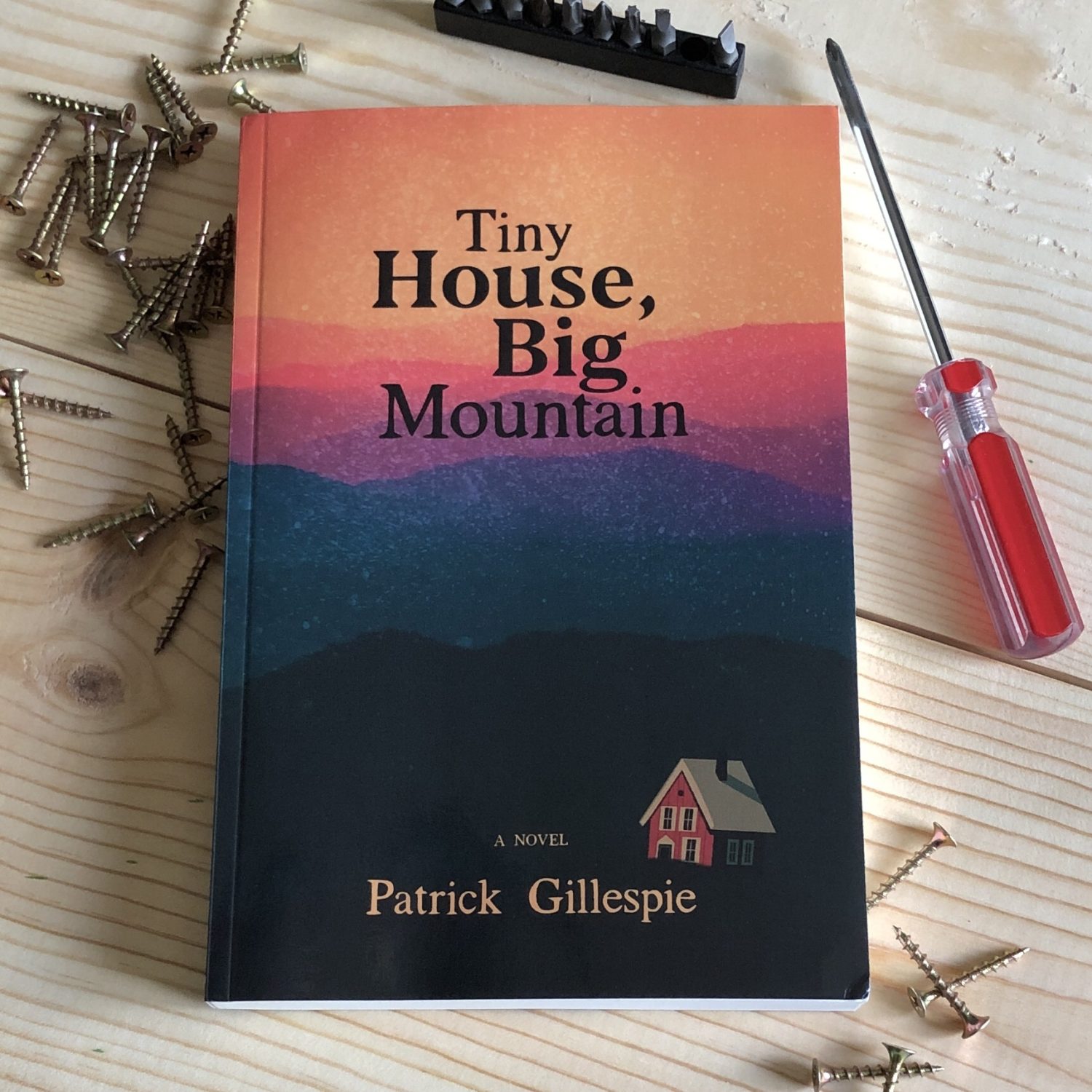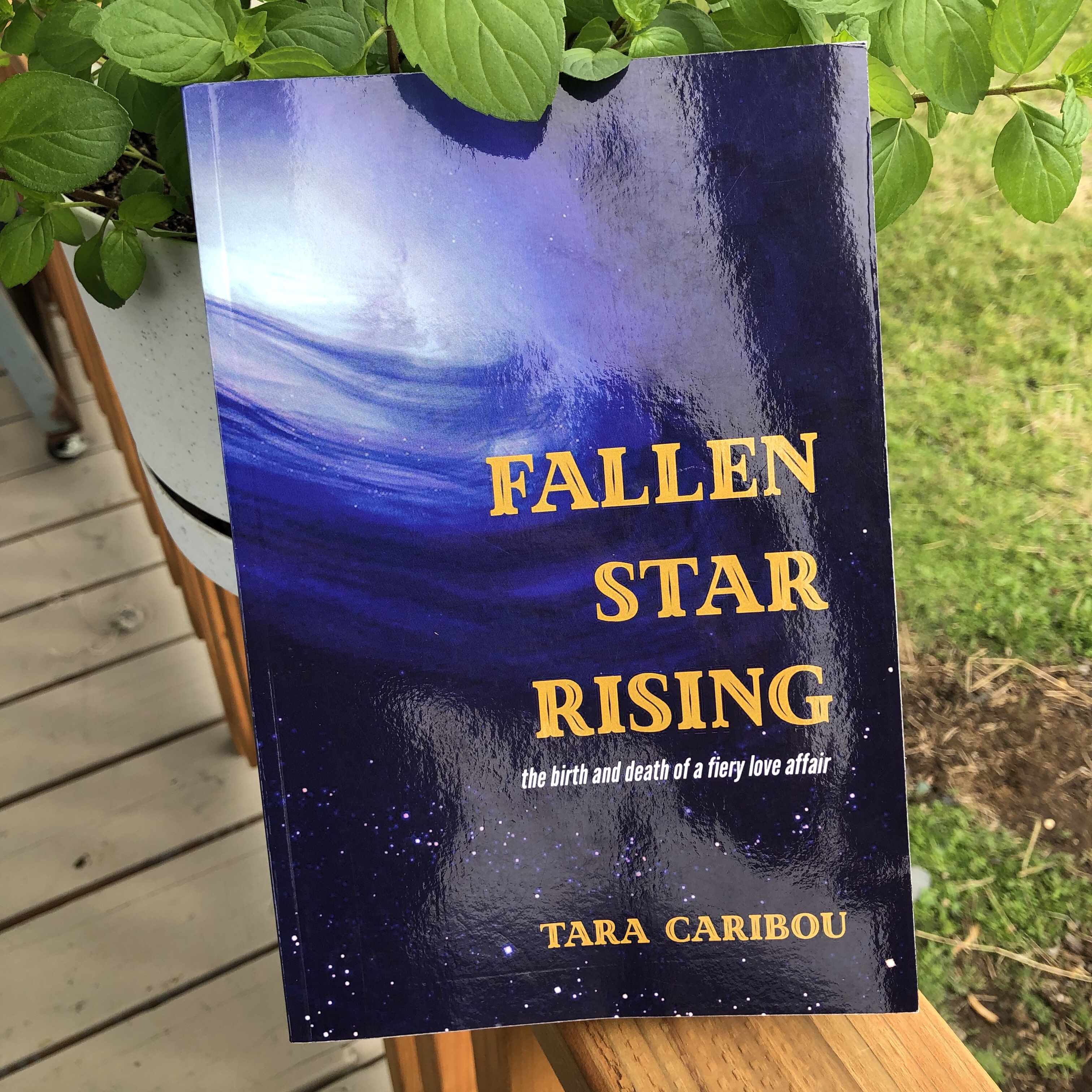I’m thirty percent done with the second book of the Isles Quartet, my four book fantasy series. For those new to the blog, this is the fantasy books I talked myself into writing when I was trying to talk my daughter into writing a fantasy novel/series. My intention is to finish Along the Way this summer, then begin the third novel this fall. I also hope to write some poetry while I’m at it.
I continue to send the first book of the fantasy quartet to agents and it continues to be rejected, whether for the quality of my novel, my queries or both is hard to say. I did spend some time researching the writing of the perfect query letter and tried my hand at writing the perfect query letter. That got me nowhere. At this point, if someone were to tell me that I will never get an agent because my queries are terrible, I would believe them. I’ve quit trying. My query letters, nowadays, amount to: Hi. Hope all is well. Weather’s great. Here’s my book. Read it.
I do want to mention that my first novel—a novel that takes place in Vermont with elements of magical realism (depending on your point of view) and poetry—was published by the wonderful, independent publisher Tara Caribou of Raw Earth Ink. I have a great Raw Earth sticker that Tara sent me, but I still haven’t decided where to put it because I like it so much. Truly. Tara has been wonderfully supportive of me and my writing, so I don’t get to complain too much. She essentially designed the book cover, and I love it.

You can find this book and many other books at her website, including three collections of her own poetry Fallen Star Rising, four, Euphoria in Blue and the collection Sketches: Fables, Allegories, and Parables. You can also find samples of her writing there. As of writing this post, I’ve ordered all four books from Lulu.

I’ve also been reading the Elemental Logic fantasy novels by Laurie J Marks. I want to write a post on the first of those novels before long. In the meantime, I’m open to analyzing another poem of Emily Dickinson’s. If you have a request, mention it in the comment section. (My last several analyses of Dickinson have been requests.) Other than that, I hope all is well and the weather is great. Read my book.
& From the back cover of Tiny House, Big Mountain
With her ex-husband imprisoned for embezzlement, the pampered Virginia Fleetman relocates to an inherited mountainside property expecting to live in a newly-finished vacation home. Instead she finds a half-finished foundation with the builder Drew Tippet and her twelve-year-old daughter Cody living inside. Drew has been planning a new life too, but after the checks stopped coming, she is forced to make the basement a refuge.
When Virginia orders Drew and her daughter out, a cascade of life-altering events inextricably binds them together. Cody’s visions and premonitions, after nearly drowning, make her wonder if anyone, including her own mother, believes her. Drew, with a broken back and ankle–and a worsening dependence on pain medication–struggles to forgive herself. Above all, if they’re to have a home before winter, all three must work together to build a house atop the foundation.
Tiny House, Big Mountain is a coming-of-age novel set in the fictional town of Brookway, Vermont where magical realism is woven with betrayal, addiction, and recovery through the bonds of friendship, family, and community.










